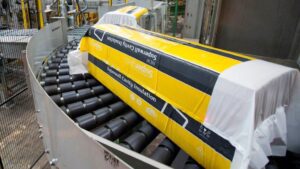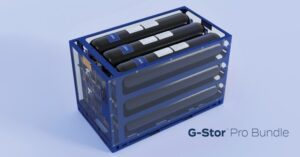The prototype development phase involves several trials for exposure, longevity, sensor calibration and positional accuracy. The first upcoming trial focuses on sensor calibration and positional accuracy with subsequent trials addressing device performance through balancing sample frequency, database interfaces and power consumption. The final sensors specified in the provisional patent are being incorporated in the prototype and a functional sensor cluster is expected to be completed imminently.
Trials are set to begin with the completion of a functional sensor cluster and are planned to continue on a biweekly basis with results reported to management upon conclusion. These results will dictate many of the specifications articulated in the forthcoming patent filing and are a necessary starting point to continue development from. There is a wide set of intended deployment conditions for HoT sensors, each of which will be tested and confirmed during this prototype phase.
Commenting on the progress to date, VPN Technologies CTO and Greentech project leader Curtis Ingleton, said: “We are close to completing our work with the sensor cluster then we’re moving onto the communications and cloud elements of our prototype. By the end of November, we will be running prototype trials and finalizing our patent by year-end.”
Delivery of a fully functional prototype is anticipated before the year ends and development is ahead of schedule. VPN is looking into the new year in anticipation of the prototype and patent completion as the company begins formulating a call for collaborators. Once the prototype is complete and the patent is filed, Greentech and VPN will be looking for companies to engage in Minimum Viable Product (MVP) testing. The goal of the collaboration is to gain further insight into the type of data that hydrogen producers and consumers find valuable and to further refine the functionality of the MVP as it prepares to go to market.






